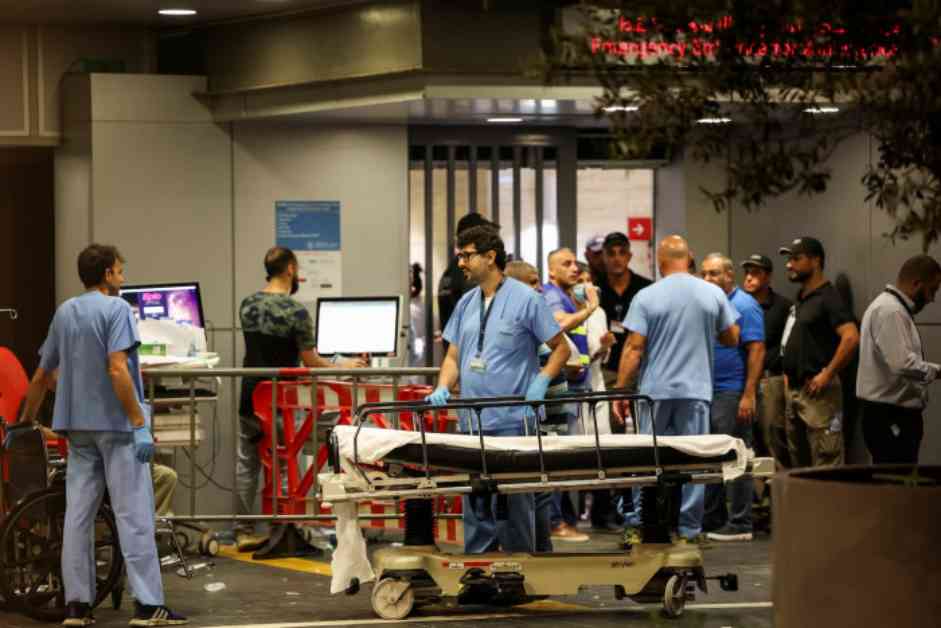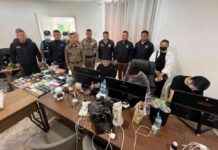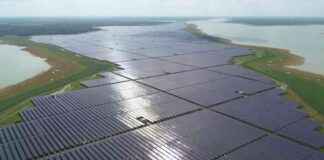Hundreds more people were wounded in Lebanon on Wednesday in fresh blasts involving handheld radios used by Hezbollah, further escalating tensions with Israel following similar explosions the day before. Three people were killed in the Bekaa region, according to the state news agency. Many of those wounded suffered injuries to the stomach and hands, a security source reported.
The radios detonated across the south of the country and in Beirut’s southern suburbs, as confirmed by a security source and a witness. One of the blasts occurred near a funeral organized by Iran-backed Hezbollah for those killed in the previous day’s explosions, where thousands of pagers used by the group exploded, injuring many of its fighters.
Hezbollah, which was temporarily thrown into disarray by the pager attacks, retaliated on Wednesday by attacking Israeli artillery positions with rockets. This marked the first strike against its arch-foe since the explosions wounded thousands of its members in Lebanon, heightening the risk of a broader conflict in the Middle East.
The handheld radios responsible for the latest blasts were reportedly purchased by Hezbollah five months ago, around the same time as the pagers. It was revealed by a security source that the Israeli spy agency Mossad had planted explosives inside the pagers imported by Hezbollah months prior to the detonations on Tuesday.
The death toll from the blasts on Tuesday rose to 12, including two children, as confirmed by Lebanese Health Minister Firass Abiad. Nearly 3,000 people were wounded in the attack, including many Hezbollah fighters and Iran’s envoy to Beirut. The UN High Commissioner for Human Rights, Volker Turk, called for an independent investigation into the events surrounding the exploding pagers.
A Taiwanese pager maker denied producing the devices that exploded, stating that they were made under license by a company called BAC based in Budapest, Hungary. Despite this denial, the audacious attack raised concerns of a full-scale war between Hezbollah and Israel.
Hezbollah has vowed to retaliate against Israel, with the group launching a rocket attack on Israeli artillery positions on Wednesday. The ongoing cross-border conflict between the two sides has raised fears of a wider regional war involving the United States and Iran.
Jordanian Foreign Minister Ayman Safadi accused Israel of pushing the Middle East towards a regional war by orchestrating a dangerous escalation on multiple fronts. Mohanad Hage Ali of the Carnegie Middle East Center noted that Hezbollah wants to avoid an all-out war but may face pressure for a stronger response given the impact on civilians.
Hezbollah, as Iran’s most powerful proxy in the region, stated it would continue to support Hamas in Gaza and warned Israel to expect a response to the pager “massacre.” The detonation of the pagers was described by a Hezbollah official as the group’s “biggest security breach” in its history.
Video footage from hospitals showed men with various injuries, including facial wounds, missing fingers, and gaping hip wounds where the pagers were likely worn. The plot behind the explosions appeared to have been in the works for many months, following a series of assassinations of Hezbollah and Hamas leaders attributed to Israel since the start of the Gaza conflict.




















